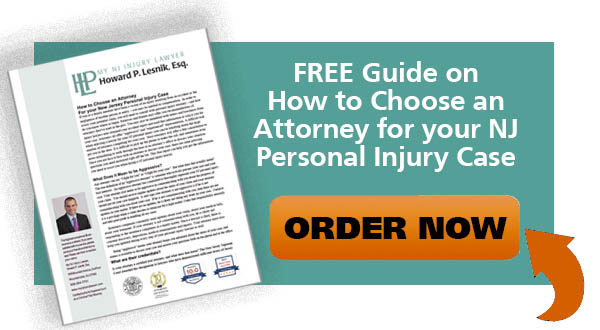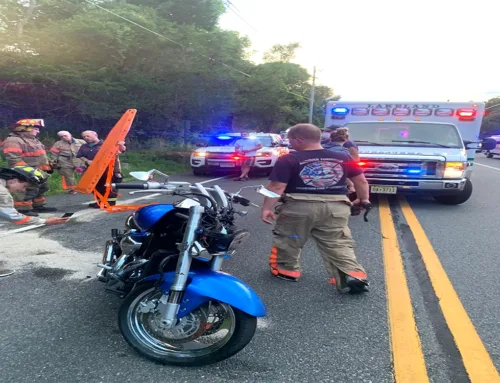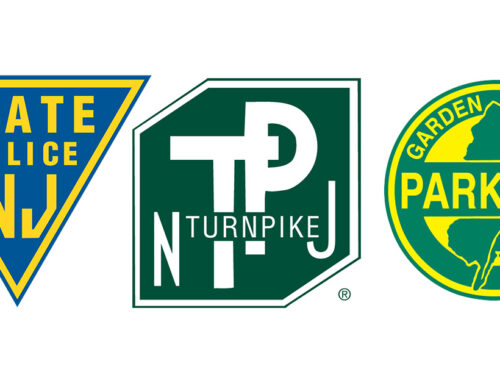When you file a personal injury claim, a portion of the settlement helps to pay for your medical expenses. Your medical bills may be paid by your company health plan, Medicare or Medicaid. It can take a while to resolve your personal injury claim. It may even take years if your case goes to court. In the meantime, your health insurance provider generally covers the cost of your medical treatment. After an auto accident, however, your own auto insurance must pay your medical expenses subject to some limitations.
What Health Insurance Plans Must Be Reimbursed?
If you successfully obtain compensation for your injuries, your health insurance company may demand reimbursement from your settlement for the cost of your treatment. If your health insurance is an ERISA-based self-funded health plan, the law requires that it be reimbursed. If your medical benefits are provided through Medicare or Medicaid, this process can become somewhat complicated. Worse, until all claims and liens against your settlement are resolved, you will be unable to recover your entire net settlement. In New Jersey, there is a statute prohibiting straight medical insurance plans form imposing a lien on your personal injury recovery or asserting reimbursement rights. It is up to your attorney to determine whether a health plan is really entitled to reimbursement.

What is a Health Insurance Lien?
Health benefit plans are usually fairly prompt in responding to requests for a calculation of their asserted lien. But Medicare and Medicaid can be rather slow to provide information. The more time it takes to obtain details and get questions answered about the Medicare or Medicaid claim against your settlement, the longer you have to wait to receive your full compensation and put the injury claim process behind you. Your personal injury attorney should continue to contact Medicare or Medicaid until they produce the information you need. In fact, an experienced personal injury attorney should notify Medicare and Medicaid from the very beginning.
How Much Money Can a Health Insurance Plan Demand Back?
Once you have the details of the charges paid by Medicare for your claim, your attorney will examine them carefully. Due to the complex bureaucracy of the Medicare system, you may discover that the charges comprising the lien against your settlement include medical treatment totally unrelated to the treatment you received as a result of your injury. If this happens, your attorney will contact Medicare or Medicaid to delete those expenses unrelated to your claimed injuries. Even then, Medicare or Medicaid may take from weeks to several months to process and consider your case and properly assess the lien to include only related medical payments. Unfortunately, this can add unnecessary delays to your injury settlement. However, it is critical for your attorney to correct errors in the Medicare or Medicaid lien. This can make a significant difference in the amount you can take home from your settlement. It also improves your ability to handle other financial demands related to your injuries, including future medical expenses and loss of future earnings.
What If You Have Private Insurance and Medicare?
A Medicare lien against your settlement can become even more complicated if you have Medicare in addition to a separate, private health insurance policy. It may be unclear which is considered the primary insurer. Medicare may end up making a conditional payment so that your medical treatment is paid for, and then follow up with additional research into which insurance provider was actually responsible for the payment. If you or your primary insurer receive compensation for that medical treatment because of your successful personal injury claim against a negligent party who caused your accident,
You Need to Know the Lien Before You Settle Your Claim
Clearly, it’s vital to resolve any questions regarding Medicare or Medicaid claims to reimbursement before you settle your personal injury claim. But the laws involved can be confusing to anyone unfamiliar with the process, and it can be difficult to obtain a timely response from the Medicare office handling your case. These are sources of stress that you don’t need while you work on recovering from your injuries. An experienced personal injury attorney will contact Medicare or Medicaid and handle these issues for you. A personal injury attorney will work hard to secure a fair resolution of the Medicare or Medicaid claim that leaves you with sufficient settlement funds to adequately compensate you for your injury and losses. When I talk about settlement with my clients, I always talk in terms of two figures: the first is the amount of the gross settlement, and the second is the net, tax-free recovery to the client after deducting costs, attorney’s fees, and any medical bills that need to be paid and liens (like those held by Medicare, Medicaid, or a self-funded health plan). That second number is the bottom line. This is what the client actually receives, is the one that has to make sense to me and my client.
Contact MyNJInjuryLawyer
If you or a loved one is injured in an accident in NJ, you should contact an attorney familiar with handling these claims. An experienced NJ Injury Lawyer will know how to conduct an investigation and contact the insurance company so you can make a claim for your injuries. My NJ Injury Lawyer Howard P. Lesnik, Esq. offers free strategy sessions to address any issue or questions you may have about your accident claim in NJ.
Please contact NJ Injury Lawyer Howard Lesnik, Esq., immediately if you were involved in a NJ accident. I personally handle NJ personal injury cases on a regular basis. Please contact me now by email, by phoning 908.264.7701, or by completing the form to the right to schedule your complimentary 30-minute strategy session.







